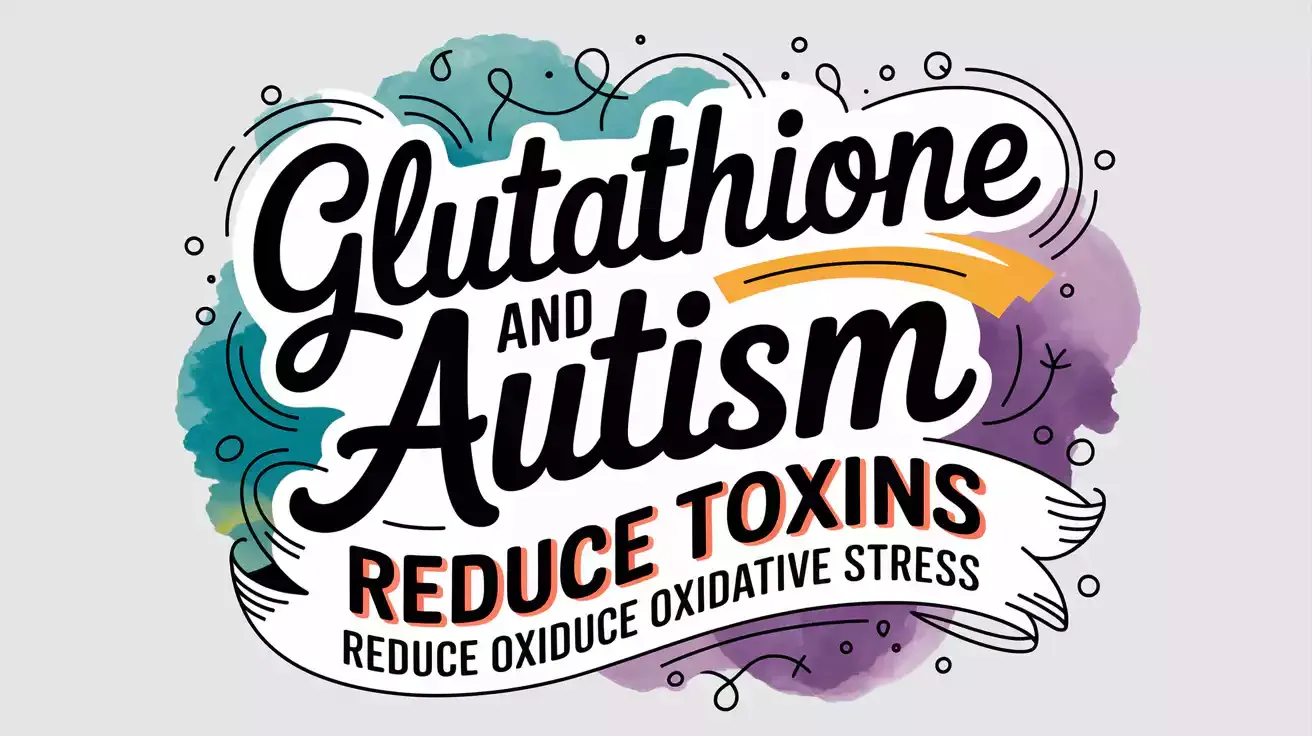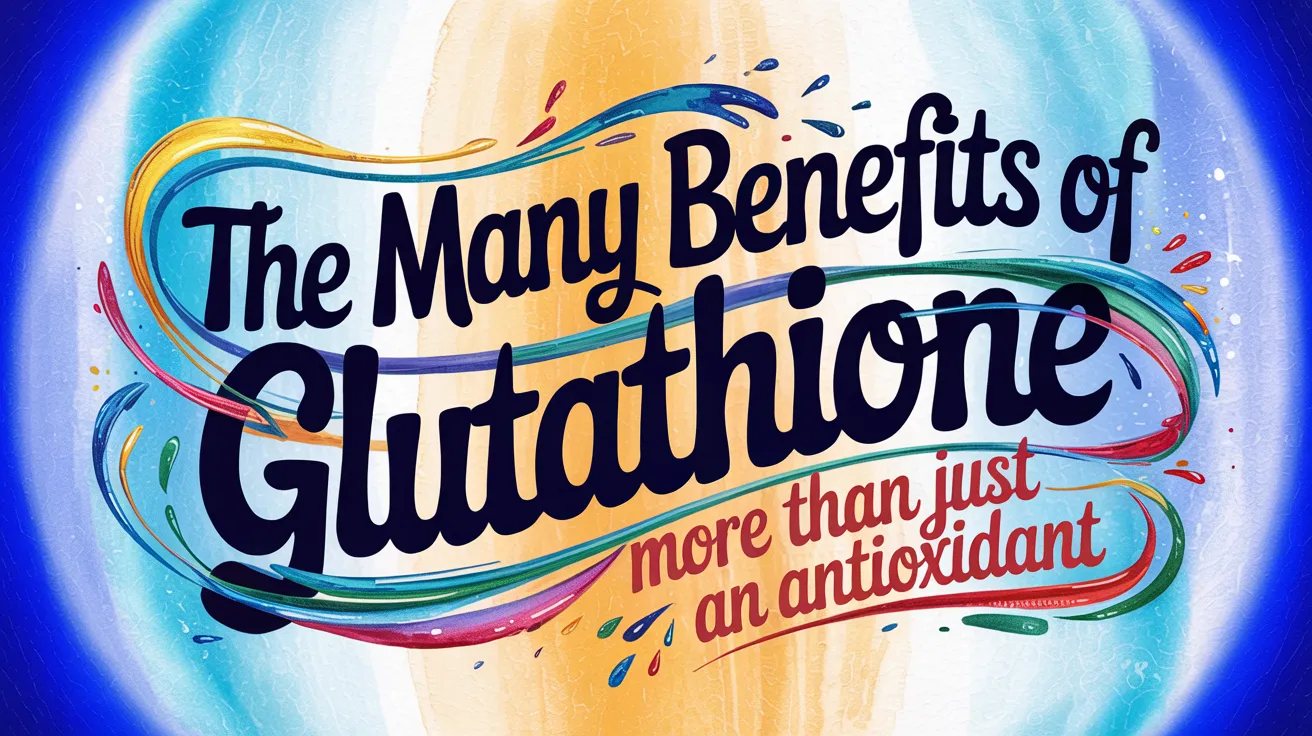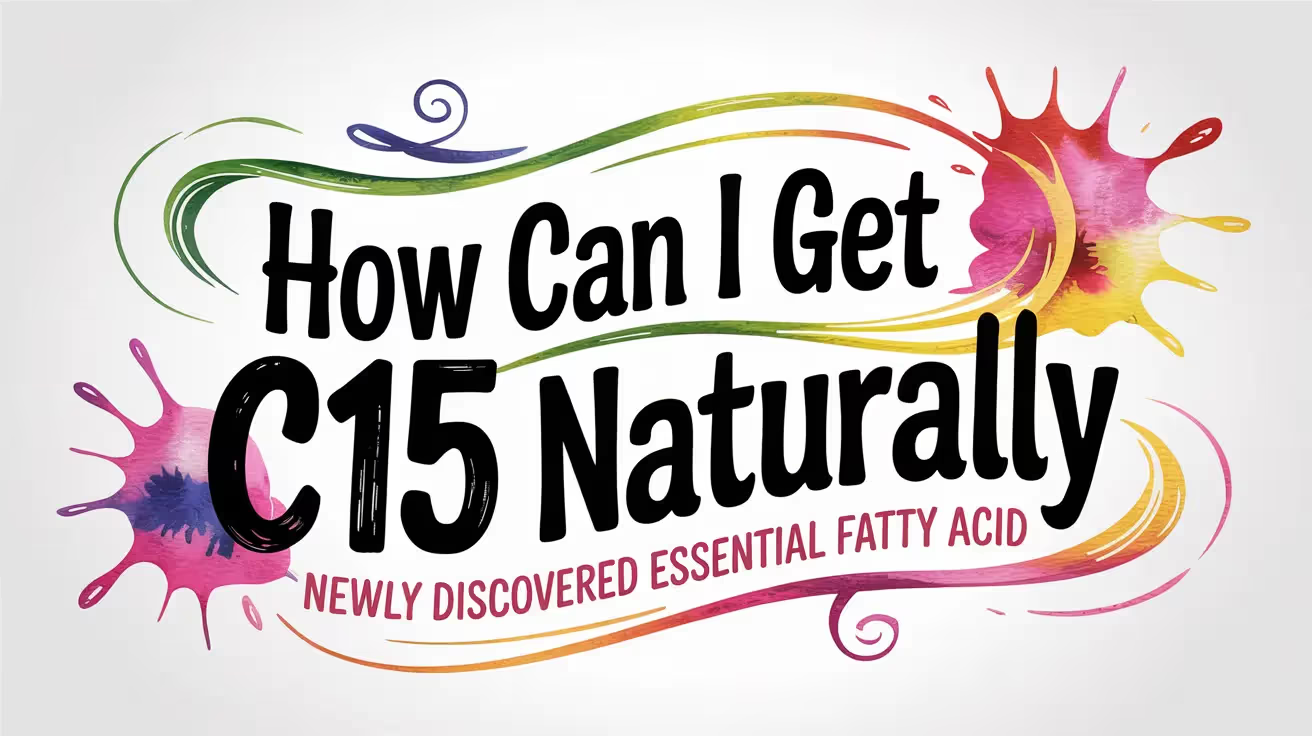NAD+ is a crucial molecule in the realm of cellular health, essential for various bodily functions. Understanding the role of NAD+ in our health is increasingly important for our overall well-being. This molecule is vital in powering energy production within our cells and supporting critical DNA repair processes. Its influence extends to nearly all aspects of cellular function.
Although many are aware of vitamins and minerals, the significance of NAD+ as a key player in achieving better health is just beginning to be recognized. Research reveals its potential to enhance cognitive function and provide support for conditions such as autism. Continuing to explore the benefits of NAD+ is essential for maximizing our health outcomes.
Key Takeaways
NAD+ boosts cellular energy by turning nutrients into ATP, which improves overall metabolism and vitality.
Increased NAD+ levels activate sirtuins, proteins that regulate cellular health and promote longevity.
NAD+ supports DNA repair mechanisms, helping maintain genomic stability and cellular resilience.
Higher NAD+ levels improve mitochondrial function, leading to better cognitive performance and mental focus.
NAD+ strengthens immune function and helps balance inflammatory responses throughout the body.
Understanding NAD+ and its Importance.
Diving into the world of cellular health reveals NAD+ as one of the most essential molecules in our bodies. This vital molecule is in every living cell and plays a key role in converting the food we eat into energy our cells can use through ATP production.
External factors like intense physical activity and poor sleep patterns can impact NAD+ levels, potentially impacting cellular function.
NAD plays an important role in maintaining ideal cognitive function and overall cellular health through various biochemical processes. As a coenzyme, it facilitates hundreds of metabolic reactions, particularly in the mitochondria, where it helps transform nutrients into energy our cells can use.
Understanding NAD's importance becomes even more significant when we consider its natural decline with age.
The importance of NAD extends beyond basic energy production, as it's instrumental in activating proteins called sirtuins, which regulate cellular health and longevity.
Research has shown that maintaining adequate NAD levels supports DNA repair mechanisms, helping our cells remain resilient against daily stressors and environmental damage. This process is particularly essential for maintaining cognitive function and cellular integrity throughout our lives.
Cellular Health - The Missing Puzzle Piece in Autism
The emerging research on autism spectrum disorder (ASD) has revealed a fascinating connection between cellular health and NAD+ levels. Studies indicate that people with autism often have reduced NAD+ concentrations, which can greatly impact their cellular energy metabolism and neurological function. This reduction in NAD+ levels may contribute to the symptoms associated with autism by affecting brain function and development. By focusing on boosting NAD+ levels, we might see improvements in the symptoms of autism.
NAD+ plays an important role in supporting the complex biological mechanisms associated with autism management. Persistent fatigue signs in children with ASD often stem from mitochondrial abnormalities that disrupt the production of ATP, making the goal of increasing NAD+ particularly relevant.
Understanding the relationship between NAD+ and cellular health in autism has led to several important insights:
Mitochondrial Function: NAD+ supplementation can enhance cellular energy production, potentially addressing the reduced metabolic efficiency often observed in people with autism.
DNA Repair: By supporting genomic stability through improved DNA repair mechanisms, NAD+ helps maintain ideal cellular function, which is particularly relevant for individuals with ASD.
Cognitive Enhancement: Increased NAD+ levels contribute to improved cognitive function, potentially supporting better attention spans and learning capabilities in those with autism.
Improve social interaction: Improvements in social awareness and social skills can be experienced with improved cellular function, increased energy, and lowered inflammation, which NAD+ can support.
We've found that addressing cellular health through NAD+ enhancement represents a promising approach in supporting individuals with autism. The coenzyme's role in energy production at the cellular level directly influences brain function and overall neurological health.
Key NAD Benefits for Children with Autism
Building upon our understanding of cellular health in autism, specific NAD+ benefits have emerged for children on the spectrum. Research shows that NAD+ therapy directly enhances mitochondrial function, which is essential for producing the energy these children need for improved physical and cognitive performance.
While NAD precursor supplements can support cellular health, careful consideration must be given to avoiding methylation pathway disruption and increased anxiety.
Increasing NAD+ levels supports crucial neurotransmitter balance, helping reduce anxiety symptoms that many children with autism experience. This neurological support extends to cognitive processing, where NAD+ supplementation shows promising results in enhancing attention span and mental focus, addressing core challenges within the autism spectrum.
The cellular repair mechanisms activated by NAD+ play an important role in supporting brain health and neurological resilience. Through these pathways, we're seeing improvements in the body's ability to maintain and repair neural connections, which can help mitigate some of the developmental challenges associated with autism spectrum disorder.
Another significant advantage identified is NAD+'s impact on immune function, particularly important for children with autism who may experience heightened inflammatory responses. By supporting the body's natural defense systems, NAD+ helps create a more balanced inflammatory response, potentially reducing associated complications and improving overall well-being.
Through careful monitoring and appropriate administration, NAD+ supplementation offers a thorough approach to supporting children with autism. The therapy's ability to address multiple aspects of autism, from energy production to cognitive function, makes it a valuable tool in our therapeutic arsenal.
Common Natural Ways to Increase NAD Levels
Natural approaches to increasing NAD+ levels offer accessible ways to enhance cellular health without medical intervention.
Several effective strategies are available, allowing us to support our body's natural NAD+ production through lifestyle modifications and dietary choices.
Here are three primary methods to naturally boost NAD+ levels:
Enhance your dietary intake by consuming niacin-rich foods, including turkey, chicken, fish, and whole grains, which provide essential precursors for NAD+ synthesis within cellular metabolism.
Implement regular exercise routines, as physical activity stimulates enzymatic pathways that enhance NAD+ metabolism and improve overall cellular energy production.
Practice intermittent fasting or caloric restriction, which activates sirtuin proteins that depend on NAD+ for proper function and cellular regulation.
We can further support these natural approaches through strategic supplementation with compounds like nicotinamide riboside (NR) or nicotinamide mononucleotide (NMN), which serve as direct precursors to NAD+.
More advanced supplementation to increase NAD+ levels can include the use of specific supplements that target the NAD+ salvage pathway. These supplements work by recycling NAD+ from its breakdown products, ensuring a steady supply within the body.
The benefits of targeting the NAD+ salvage pathway include maintaining NAD+ levels in a way more aligned with the body's natural processes. This reduces the risk of side effects, such as irritability or digestive discomfort, which can sometimes occur with other supplementation methods. Additionally, focusing on the NAD+ salvage pathway can be particularly beneficial for children with autism, as it supports a more balanced and gentle approach to supplementation. More about the NAD+ salvage pathway later in this blog post.
It's important to maintain consistent sleep patterns, as research demonstrates that disrupted sleep cycles can notably impair NAD+ biosynthesis and cellular energy production.
By combining these natural methods, we are able to create a thorough approach to maintaining ideal NAD+ levels, which supports overall health and cellular function.
These strategies work synergistically to enhance our body's natural NAD+ production mechanisms while promoting sustainable, long-term health benefits.
Supporting the NAD+ Salvage Pathway
The body's remarkable ability to recycle NAD+ through the salvage pathway offers a powerful opportunity to maintain ideal cellular energy levels. We can actively support this natural process through targeted interventions that optimise our metabolic health and enhance cellular function. Understanding how the NAD+ salvage pathway works enables us to make informed decisions about supporting this critical mechanism.
When we support the NAD+ salvage pathway, we're fundamentally helping our cells recycle nicotinamide, a form of vitamin B3, back into usable NAD+. This process becomes increasingly important as we age, since natural NAD levels tend to decline over time. By implementing strategies that enhance this pathway, we can maintain higher cellular energy production and support essential metabolic processes throughout our bodies.
Research demonstrates that we can effectively support the NAD+ salvage pathway through several evidence-based approaches.
Enhancing the activity of NAMPT can be achieved through simple lifestyle choices—regular exercise and caloric restriction have both been shown to boost this enzyme's levels. These activities not only enhance the salvage pathway but also improve overall metabolic health.
Moreover, inhibiting NAD+-consuming enzymes like CD38 and PARP can further preserve NAD+ levels. By taking a holistic approach—combining lifestyle changes with smart supplementation—we can effectively support the NAD+ salvage pathway.
This proactive strategy not only benefits our own well-being but also equips us to better serve and inspire others to embrace healthier, more vibrant lives.
The problem with NAD+ Precursors
As we age, it is essential to comprehend how NAD+ precursors function at the cellular level. These supplements work by delivering more precursor materials into cells, which are then used to generate NAD+. Nonetheless, this temporary rise in NAD+ levels does not tackle the fundamental reasons for its decline.
The decrease in NAD+ isn't simply due to insufficient precursor materials. Instead, it stems from the excessive consumption of NAD+ by the cells and their inability to recycle its breakdown products effectively. Consequently, when high doses of precursors like NR or NMN are consumed alone, they can lead to an accumulation of the byproduct NAM.
Maintaining cellular balance is crucial, and excess NAM must be methylated and eliminated. This treatment can deplete vital methyl donors, adversely impacting other essential biological processes. Furthermore, precursors fail to counteract heightened CD38 levels, an inflammatory molecule that increases with age and significantly consumes NAD+.
Recent studies suggest that NAD+ precursors are not the most effective method for restoring NAD+ levels. They act as first-generation boosters, which overlook the root causes of NAD+ decline, potentially complicating cellular function. Understanding the NAD+ network changes with age is critical, and products like Nuchido TIME+ offer a more sustainable solution.
This is why we choose Nuchido Time+. I have secured a 10% discount for Time+ with the following link and discount code - Nuchido Time+ Discount code 'NAS10'
Conclusion
We've explored how NAD+ optimisation represents a critical pathway for supporting cellular health, particularly for individuals with autism spectrum disorders. By understanding and implementing both natural methods and targeted support of the NAD+ salvage pathway, we are equipped to enhance mitochondrial function, DNA repair, and cognitive performance. Just as NAD+ connects various cellular processes, we find ourselves connecting these scientific insights to practical, actionable steps for improved neurological function and overall well-being.
Frequently Asked Questions
What is NAD+ and why is it important for my health?
NAD+ stands for Nicotinamide Adenine Dinucleotide, which is a vital coenzyme found in all living cells. It plays a critical role in converting food into energy by helping cells produce ATP, the primary energy currency of the body. Beyond energy production, NAD+ is involved in DNA repair, cell signaling, and maintaining the overall health of our cells. As we age, NAD+ levels naturally decline, which has been linked to various age-related health issues. Therefore, maintaining or increasing NAD+ levels can support better energy, cellular repair, and overall vitality.
How can increasing NAD+ levels benefit my health and aging process?
Boosting NAD+ levels offers several potential health benefits, especially related to aging. It can help improve mitochondrial function (the powerhouses of cells), leading to increased energy and stamina. Higher NAD+ levels aid in enhancing DNA repair, possibly reducing the risk of age-related diseases such as neurodegeneration, cardiovascular issues, and metabolic disorders. Additionally, some research suggests that increasing NAD+ may promote healthy cellular senescence and longevity by supporting cellular repair processes and reducing inflammation.
What are the best ways to naturally boost NAD+ levels in my body?
There are several ways to naturally increase NAD+ levels, including:
- Diet: Consuming foods rich in niacin (vitamin B3), such as chicken, turkey, fish, and fortified cereals, can support NAD+ production.
- Intermittent fasting or caloric restriction: These practices have been shown to stimulate NAD+ levels by activating pathways involved in cellular repair.
- Regular exercise: Physical activity enhances NAD+ levels by improving mitochondrial function.
- Supplementation: Supplements like nicotinamide riboside (NR) and nicotinamide mononucleotide (NMN) are popular for directly raising NAD+ levels.
Always consult with a healthcare provider before starting any new supplement or significant lifestyle changes.
Are there any risks or side effects associated with increasing NAD+ levels through supplements?
Generally, NAD+ precursor supplements like NR and NMN are considered safe for most people when taken at recommended doses. However, some individuals might experience mild side effects such as nausea, headaches, or digestive discomfort. Since research on long-term effects is still ongoing, it's important to consult with a healthcare professional before starting supplementation, especially if you have underlying health conditions or are on medication. Additionally, quality and purity of supplements can vary, so choosing reputable brands is advisable.
How does boosting NAD+ influence cellular aging at the molecular level?
At the molecular level, NAD+ serves as a substrate for enzymes called sirtuins, which are crucial regulators of cellular health and longevity. Sirtuins modulate gene expression related to aging, DNA repair, and inflammation. As NAD+ levels decline with age, sirtuin activity decreases, impairing these protective processes. By increasing NAD+, we can reactivate sirtuins, thereby enhancing DNA repair mechanisms, reducing oxidative stress, and promoting mitochondrial health. This molecular boost helps slow down cellular aging processes and supports overall cellular function.















